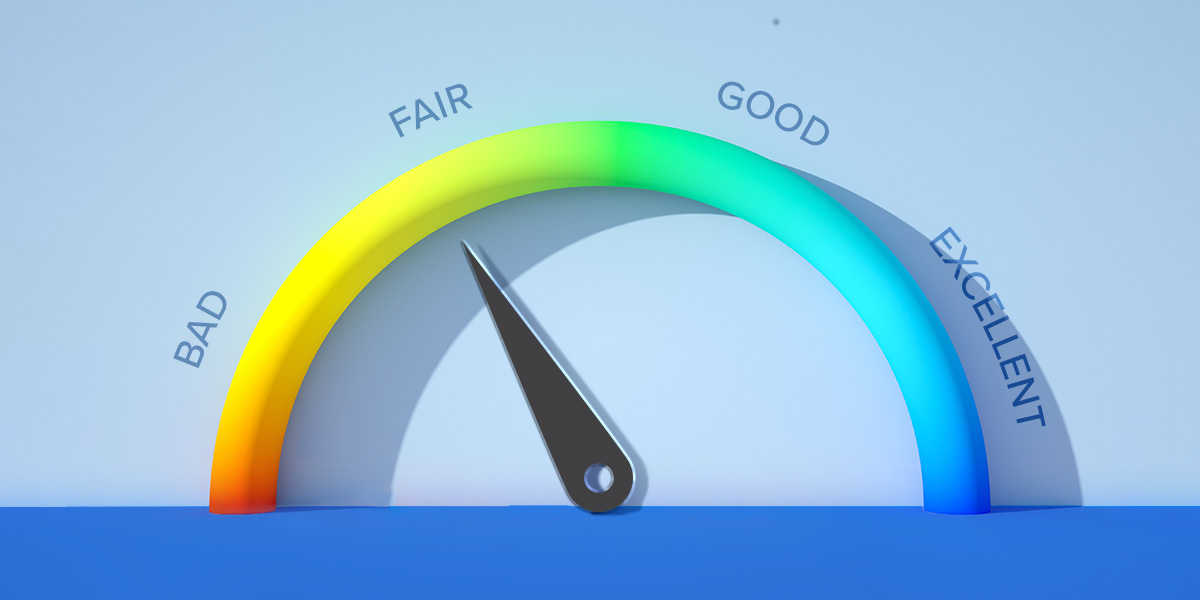
Does Your Credit Score Really Matter When Starting a Business?
At Consult With Erika, we’ve seen countless individuals repair their own credit and go on to build thriving businesses. But a question that keeps coming up is: “What credit score do I need to start a business?”
While that seems simple, the answer isn’t black and white. That’s because your personal credit score can heavily influence your success when launching your business—even if your business is brand new.

Why Your Credit Score Still Matters
When you’re applying for small business funding solutions, lenders and investors often check your personal credit to assess risk—especially if your business doesn’t have a credit history yet. A low score could limit your access to loans, credit lines, or even vendor relationships. On the other hand, a strong score helps establish trust and signals that you’re financially responsible.
In fact, many suppliers and even clients may want to see your credit history before deciding to work with your company. At Consult With Erika, our business financial consulting services help you prepare for exactly these kinds of checks.
Credit Score & Credibility Go Hand-in-Hand
Think of your credit score as part of your professional reputation. It shows whether you're likely to meet your financial obligations—and many investors and vendors see it as a measure of your reliability.
While some lenders may consider your business plan and industry knowledge, many still look to your score as a key qualifier. That’s why financial education for entrepreneurs is so critical to long-term success.
What’s the Ideal Score?
While there’s no universal number, a credit score of 700 or above typically improves your chances of getting approved for funding and business partnerships. But don’t worry—if your score is below that, there are still ways to move forward.
How to Improve Your Credit Score Before You Launch
1. Check Your Credit Reports
Make sure your credit reports are accurate. Review your name, addresses, and listed accounts. Look for errors or outdated information. If anything looks suspicious, it could signal identity theft or reporting errors—both of which hurt your score.
2. Dispute Negative Items
Around 79% of credit reports contain errors. Dispute any inaccuracies by writing to the credit bureaus. Be specific, include documentation, and reference the Fair Credit Reporting Act. Persistence is key—you may need to send multiple letters.
This is exactly the kind of guidance we cover in our credit repair and audit services.
3. Boost Your Credit Score
Pay down high balances and avoid closing old accounts. Keeping older accounts open improves your average account age and available credit—two critical factors in scoring.
Ask your lenders to increase your credit limit without a hard pull, which can lower your credit utilization and boost your score.
Final Thoughts
Your credit score can make or break your business funding opportunities. It influences how others view your business—whether they’re lenders, investors, suppliers, or clients.
Don’t let a low score stop you. Our business financial consulting services and credit repair support can help you build a stronger financial foundation before (and after) you launch.
📞 Ready to take control of your credit and secure funding for your business? Book a free 15-minute strategy call now.

